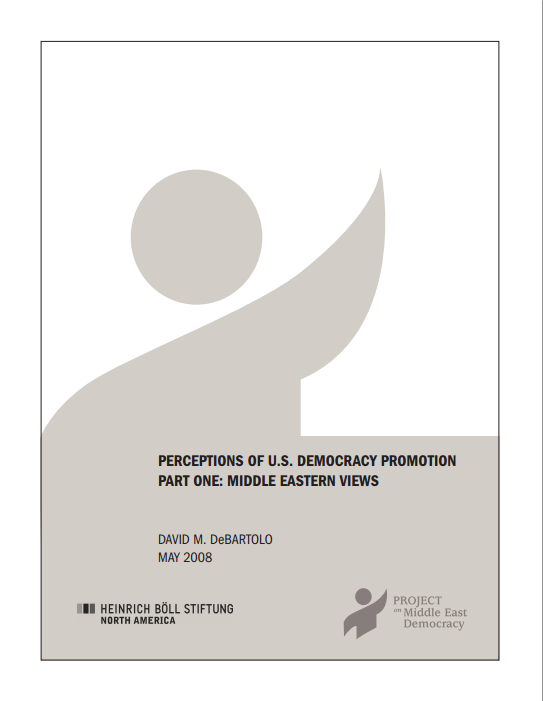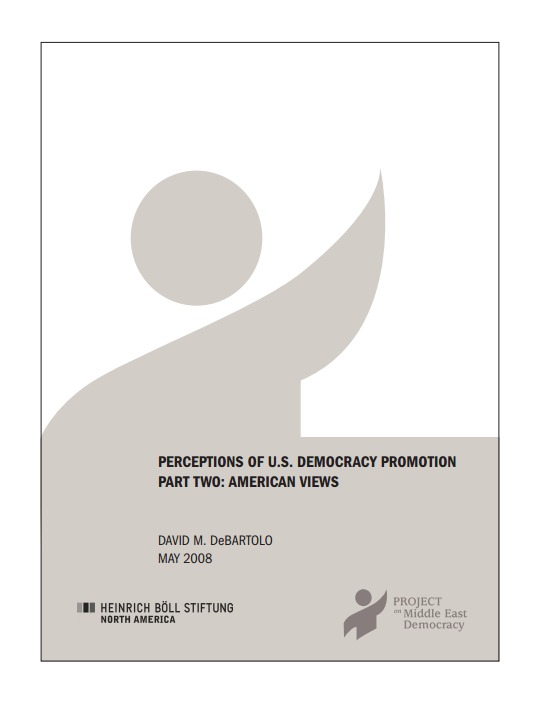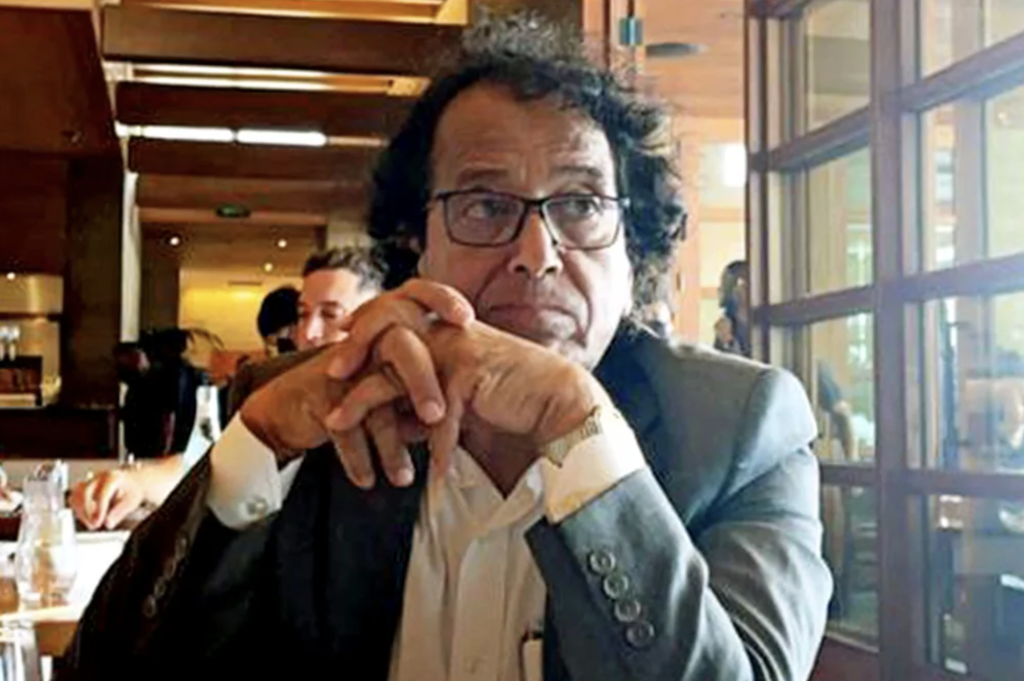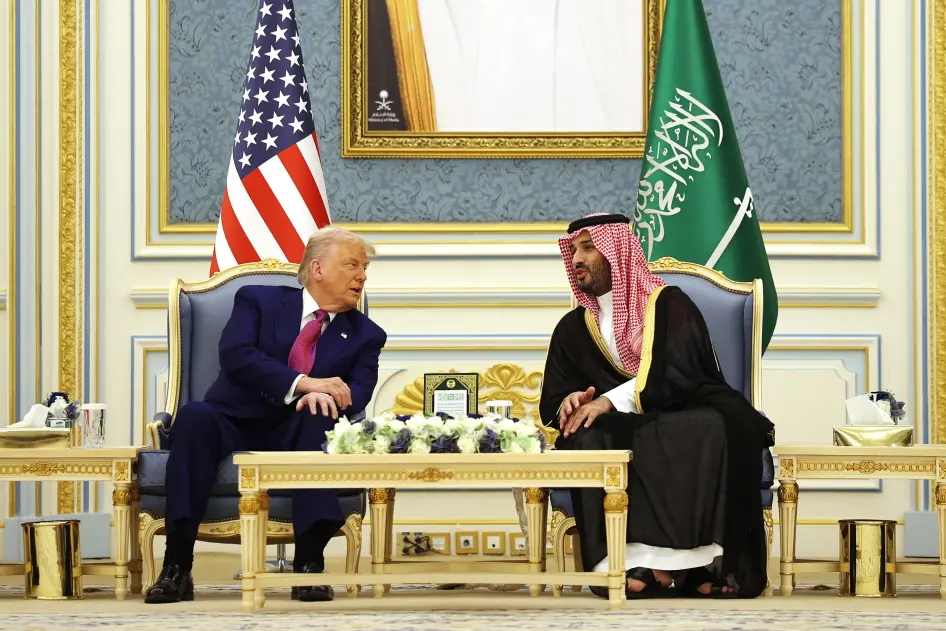For a full text copy of the report, click here for Part 1, and here for Part 2.
Part 1: Though Middle Easterners desire democracy and seek to reform their own  political systems, public opinion data show that they are also unhappy with American democracy promotion efforts, and that they believe the U.S. does not genuinely and consistenly support democratic reform. Analysis of this polling data suggests that the U.S. needs to seriously reassess its impact on political reform in the region. This paper concludes that:
political systems, public opinion data show that they are also unhappy with American democracy promotion efforts, and that they believe the U.S. does not genuinely and consistenly support democratic reform. Analysis of this polling data suggests that the U.S. needs to seriously reassess its impact on political reform in the region. This paper concludes that:
- The United States should be consistent in supporting democracy, both within each country and across the region.
- The United States should acknowledge that peaceful means are the only legitimate methods of supporting democracy abroad.
- The United States should accept democratic outcomes and engage democratically elected governments.
Part 2: U.S. public opinion on democracy promotion has generally tracked the Bush  administration’s swing from rhetorically supporting democratic reform in the Middle East after Sept. 11 to bolstering undemocratic “moderates” today. Nevertheless, there are enduring legacies from the post-Sept. 11 democracy promotion consensus: Americans still believe that democracy can work in Muslim countries, and they are receptive to narrow, targeted, non-confrontational policies that indirectly support political reform. This paper concludes that:
administration’s swing from rhetorically supporting democratic reform in the Middle East after Sept. 11 to bolstering undemocratic “moderates” today. Nevertheless, there are enduring legacies from the post-Sept. 11 democracy promotion consensus: Americans still believe that democracy can work in Muslim countries, and they are receptive to narrow, targeted, non-confrontational policies that indirectly support political reform. This paper concludes that:
- American rhetoric should focus on specific policies that support the development of democracy in the Middle East.
- American efforts to support democracy abroad should be explicitly framed as peaceful and non-military.
- The case must be made to the American public that U.S. isolationism is not an option.



